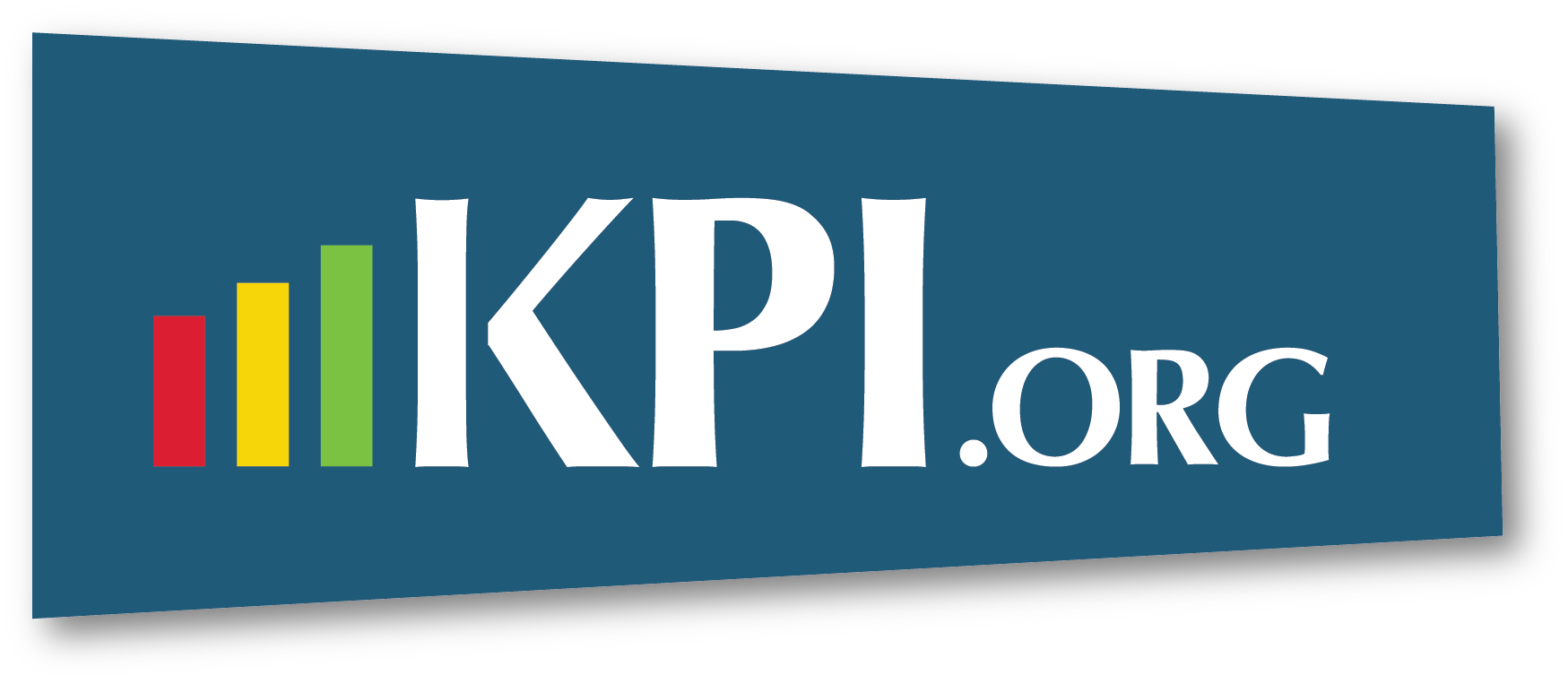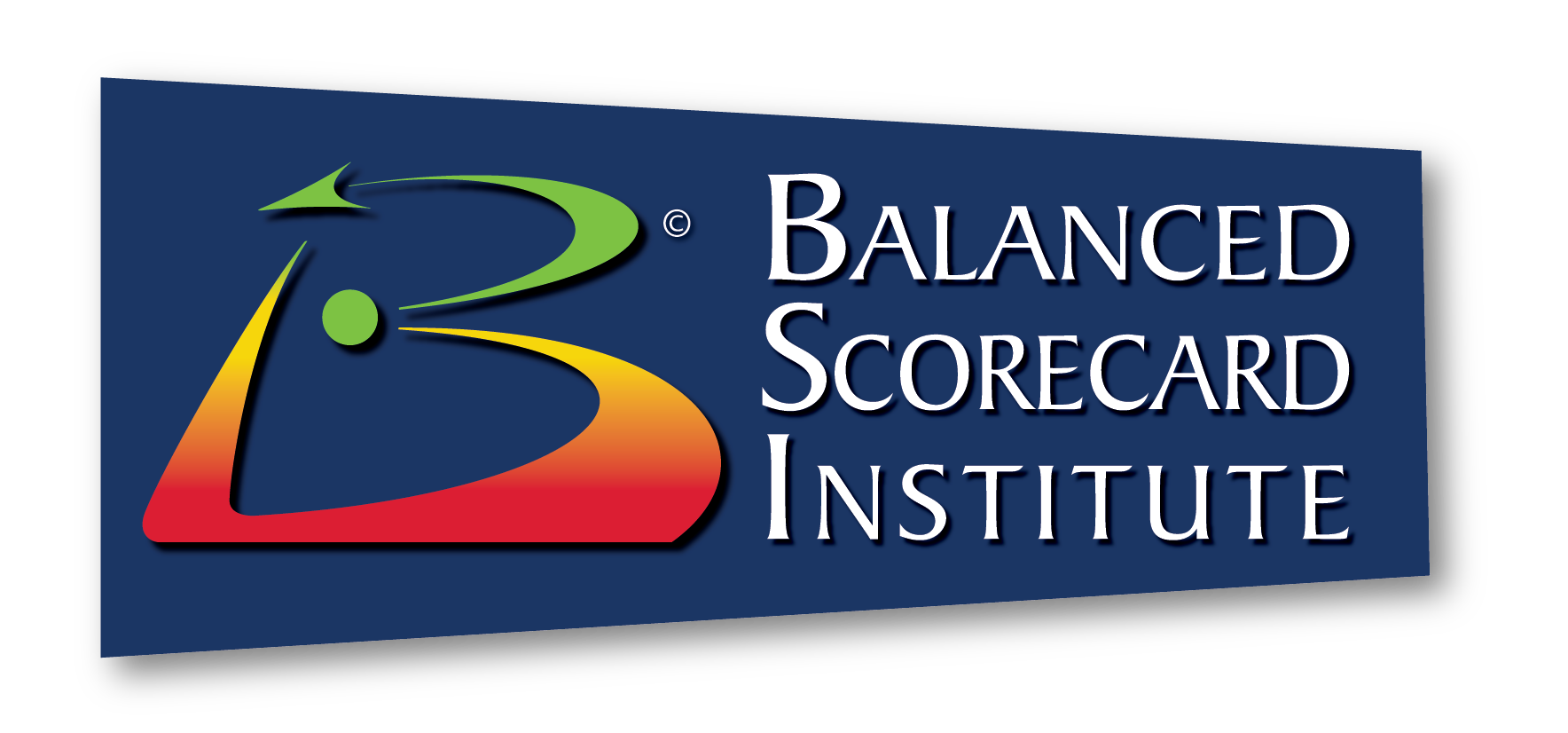 Backdrop…
Backdrop…
When the first case of Coronavirus in the United States was diagnosed in the state of Washington on January 20, 2020, no one truly understood the implications and impact this virus would have on businesses, governments, and organizations around the globe. Few, if any, organizations had considered the potential ramifications of any scenario where a global pandemic had to be dealt with and the impact it would have on their strategy.
Theme: Continuity / Survival
Many organizations suddenly found themselves in a reactive mode. Their strategy was incapable of dealing with the pandemic, and many were unsure how to redefine their strategy in the short term. Some organizations focused on objectives like Decreasing Costs/Expenses while others spent time redesigning services online. Many quickly implemented work-from-home strategies while others had to find financial assistance to make payroll. The organizations who were unable to adapt and define new strategies in the midst of the chaos found themselves in an unenviable position of “just trying to survive” or worse.
Small businesses, in particular, were susceptible to major cash flow issues resulting in many having to shut their doors permanently. Many larger organizations had to deal with similar issues on a larger scale resulting in furloughed or terminated employees, salary reductions and other measures felt necessary to reduce organizational outflows. In short, nearly everyone was in a reactive mode doing damage control and trying to survive. A reactive response is not strategy!
A Gartner Business Survey conducted on March 10th related 12% of organizations surveyed related they were adequately prepared for COVID-19. While the same survey related 26% of the respondents stated the virus would have little to no impact on their business, it is doubtful any of these organizations escaped unscathed by the pandemic. Few, if any, understood the full ramifications of how this virus would impact every aspect of life in the United States and the world in 2020 and beyond.
Theme: Agility
Another common strategy being discussed by leadership teams all over the country revolves around the cliché “Change will become a constant.” Going forward, organizations must plan for change by coupling strategy with organizational agility – the ability to quickly adapt to change. One important tool for accomplishing this is to consider incorporating scenario planning into your strategy process to better be prepared for any future shifts in the macro-environment.
Most would agree the traditional five-year or three-year strategic plan may no longer be viable in the new, evolving environment we find ourselves in. Organizational goals, themes, and objectives must be re-evaluated and defined to take into consideration the unthinkable. Initiatives in support of strategy must inspire innovation and experimentation to recover lost streams of revenue while simultaneously working to develop new sustainable sources of income.
Timely execution of organizational and operational strategies will be of the utmost importance as windows of opportunity give way to fluctuation and rapid change. Failure to properly plan or execute on that plan will most likely result in a negative impact on the sustainability and profitability of an organization
As technology continues to evolve and the world continues to change so will the successful organization. Organizations unable to adapt or unwilling to change will become relics of the past and replaced by organizations with a clear vision and strategy for success. These newer organizations will possess the attributes of flexibility and adaptability, able to respond quickly and effectively to future unprecedented and unforeseen events.
Many organizations will evaluate increasing the utilization of contract or contingent workers/consultants in order to be more agile or flexible in meeting the needs of the organization. A much larger percentage of employees will work remotely requiring the retooling of management and supervision of these employees. New job models will be constructed and introduced to allow flexibility for both the employee and the employer to the mutual benefit of the organization.
Regardless of how an organization deals with changing circumstances, it must know where it is going and needs a strategy to define how it will arrive at its destination. The Balanced Scorecard (BSC) framework offers the basis of a time-tested flexible tool that can assist your organization stay ahead of the curve and survive in tomorrow’s changing and unforgiving world.
To learn more about the BSC framework, please see our Balanced Scorecard Professional Certification program.
Sources:
Melanie Pinola. Retrieved from https://zapier.com/blog/remote-work-challenges/
Statista. Retrieved from: https://statista.com
Gartner, Inc. Retrieved from https://www.gartner.com/en/newsroom/press-releases/2020-03-10-gartner-business-continuity-survey-shows-just-twelve-percernt-of-organizations-are-highly-prepared-for-coronavirsu
Centers for Disease Control and Prevention. Retrieved from: https://cdc.gov
Wikipedia.org. Retrieved from: https://en.wikipedia.org/wiki/Timeline_of_the_COVID-19_pandemic_in_February_2020#29_February
McKinsey & Company. Retrieved from: https://www.mckinsey.com/featured-insights/the-next-normal/business-in-2020-and-beyond



